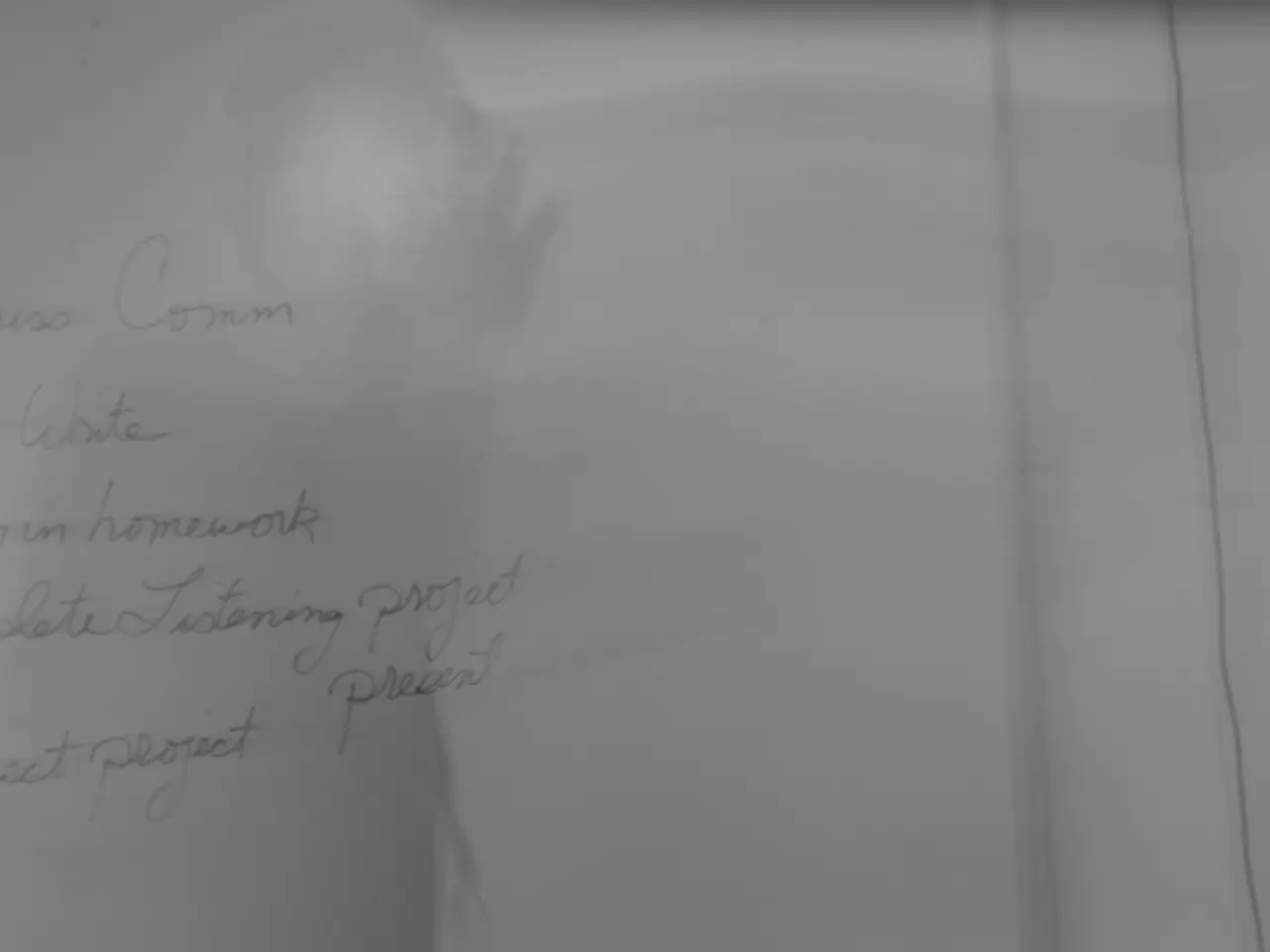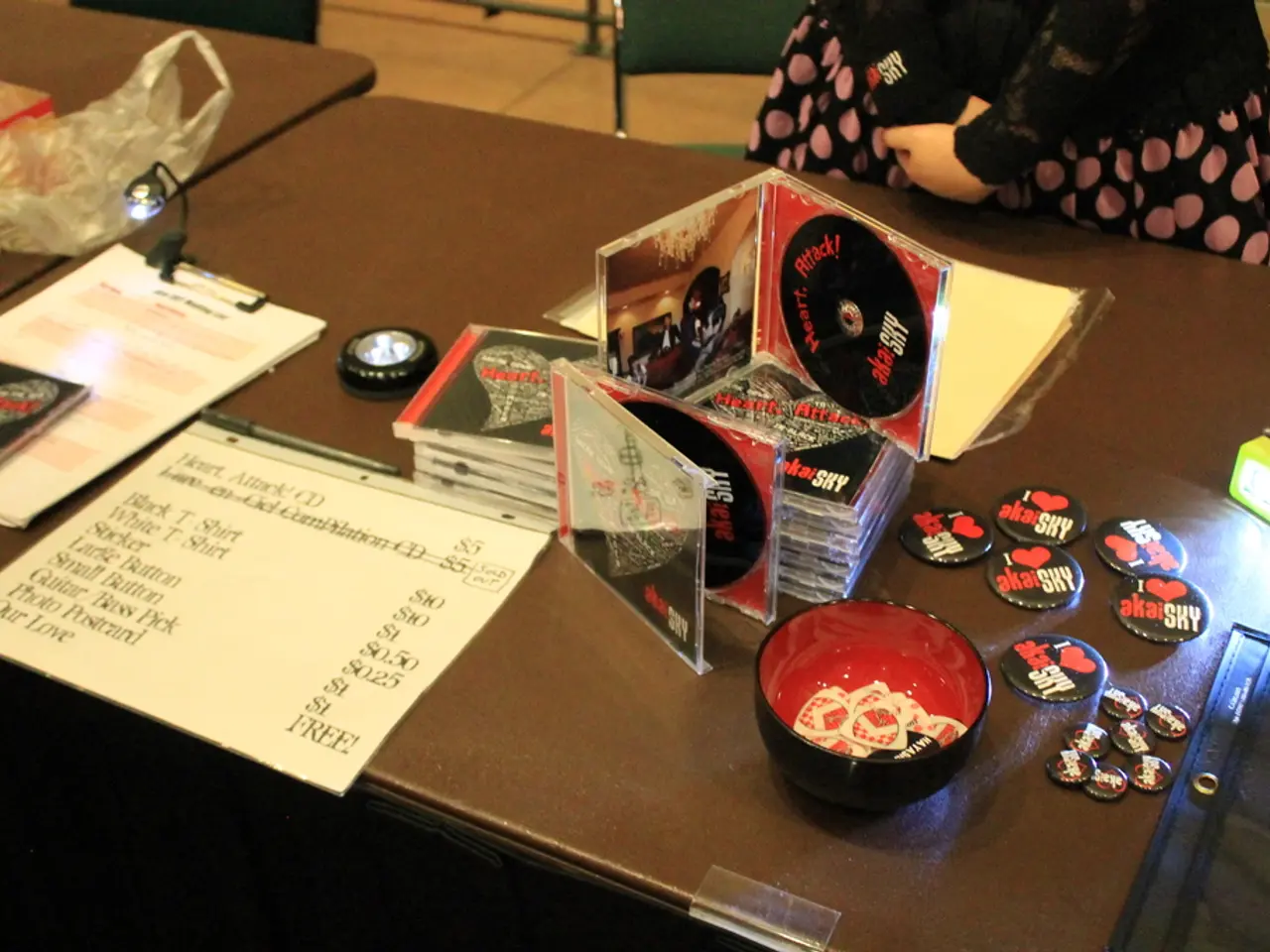Supreme Court Clash Over Retrospective GST Tax Implications for India's Real-Money Gaming Sector
The Gravitas of India's Real-Money Gaming Sector Hangs in the Balance with the Supreme Court's Decision
The future of India's burgeoning real-money gaming (RMG) sector teeters on an upcoming Supreme Court ruling that could determine the industry's fate. This legal saga centers around a colossal GST demand of over ₹1.12 lakh crore, imposed by the Directorate General of GST Intelligence (DGGI) on more than 70 gaming companies, such as Games24x7, Dream11, and Gameskraft. These companies face dire consequences if the government's stance prevails.
The Government's Case: All Stake-based Games are Gambling
At the crux of the matter is the government's assertion that games involving stakes, even those requiring skill, are categorically gambling. This categorization covers popular games such as poker, rummy, and fantasy sports, but the industry argues these are skill-based games. In 2023, the GST Council revised tax rules to impose a uniform 28% GST on online gaming platforms, casinos, and horse racing. However, this rate hike saw the GST levy shift from platform fees to the total value of player deposits, dramatically increasing these companies' tax liability.
Abhishek Manu Singhvi
Should the government's stance hold, even a game of chess played for money would be classified as gambling," says Abhishek Manu Singhvi
More alarming for the industry, the government imposed its decision retroactively, stretching back to July 2017. Companies that had been paying taxes based on platform fees now confront backdated tax obligations amounting to ₹1.12 lakh crore. The DGGI has already initiated show-cause notices on this matter.
The Industry's Counterargument: Skill Games are not Gambling
In reaction, the gaming industry vigorously refutes the government's stance. Legal experts within the sector contend that skill-based games like poker and fantasy sports should not be viewed as gambling.
They also challenge the retroactive application of the new tax rules, alleging this violation of constitutional rights. Specifically, they argue that retroactively applying the new tax rules, following years of precedent treating skill-based games differently, contradicts Articles 14 (equality before law) and 19(1)(g) (freedom to carry on business).
Supreme Court
The Financial Weight upon Companies: Financial Stress and Layoffs
The uncertainty surrounding this legal dispute is evident. Games24x7, operators of platforms like RummyCircle and My11Circle, recently dismissed approximately 180 employees, justifying it as a restructuring due to financial pressure. Despite generating ₹1,988 crore in revenue for FY23, the company currently wrestles with substantial losses and reportedly faces a backdated GST demand approaching ₹20,000 crore. This financial distress compels many companies to reevaluate their growth strategies and possibly downsize operations.
The Stakes at Hand
The outcome of the Supreme Court case could shape the future of India's digital gaming industry. If the Court aligns with the government, the outcome could lead to mass bankruptcy, tighter regulations, and the suppression of gaming platforms. On the other hand, a verdict in favor of the industry could extinguish backdated tax demands, facilitating the sector's recovery.
The Implications: A Crucial Moment for India's Digital Economy
The ongoing legal struggle transcends mere tax issues; it represents a landmark test for India's handling of emerging digital sectors. The decision will not only influence the gaming industry but may set the pace for the regulation of innovation within India's vast digital economy.
The Latest Developments and Insights: Visit our Website
Stay abreast of the latest updates and critical perspectives on the real-money gaming industry's legal battleground with our comprehensive coverage.
Related Reads - Madras High Court Tables Final Hearing for RMG Regulations Case - Tamil Nadu Government's Ban on Online Games Can be Contested in Court by A23, Games24x7, and Junglee Games - Gaming Stocks Surge as Supreme Court Temporarily Holds off GST Show Cause Notices
Frequently Asked Questions (FAQs)
- What is the retrospective GST controversy surrounding online gaming? The government demands 28% GST on player deposits, going back to July 2017, and many companies believe this to be unjust.
- Which companies are most affected? Heavyweights including Games24x7, Dream11, and Gameskraft are grappling with significant financial impacts due to the revised tax regime.
- Why are skill-based games taxed like gambling? The government maintains that any game involving stakes is gambling, disregarding whether it relies on skill or chance.
- What could happen if the Supreme Court rules in favor of the government? A ruling in favor of the government could result in the Ruin of many gaming companies, stricter regulation, and potential legal action against executives.
- How are gaming companies addressing this issue? They are contesting the retrospective GST in court, advocating for a clear distinction between skill-based games and gambling and a fairer tax system.
- Despite generating substantial revenue, companies such as Games24x7 struggle with financial pressure due to the government's stance on trying to classify skill-based games like poker and fantasy sports as gambling.
- Abhishek Manu Singhvi stated that if the government's stance holds, even a game of chess played for money could be classified as gambling.
- The gaming industry argues that the retroactive application of the new tax rules, following years of precedent treating skill-based games differently, violates constitutional rights such as Articles 14 and 19(1)(g).
- The outcome of the Supreme Court case could lead to mass bankruptcy for gaming companies, tighter regulations, and the suppression of gaming platforms if the Court aligns with the government, or extinguish backdated tax demands and facilitate the sector’s recovery if in favor of the industry.






